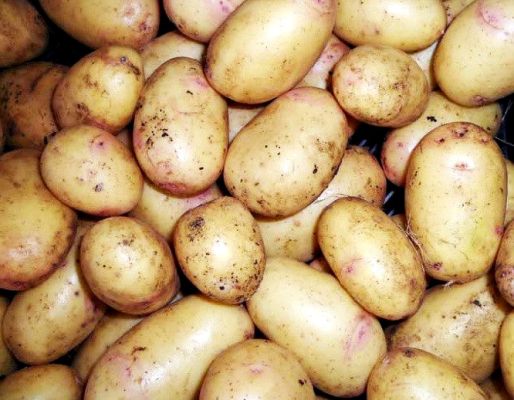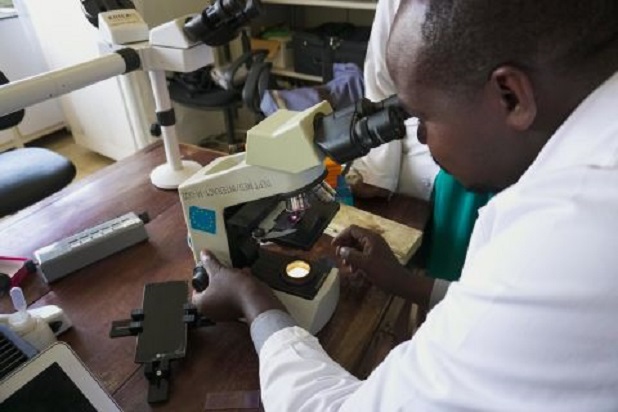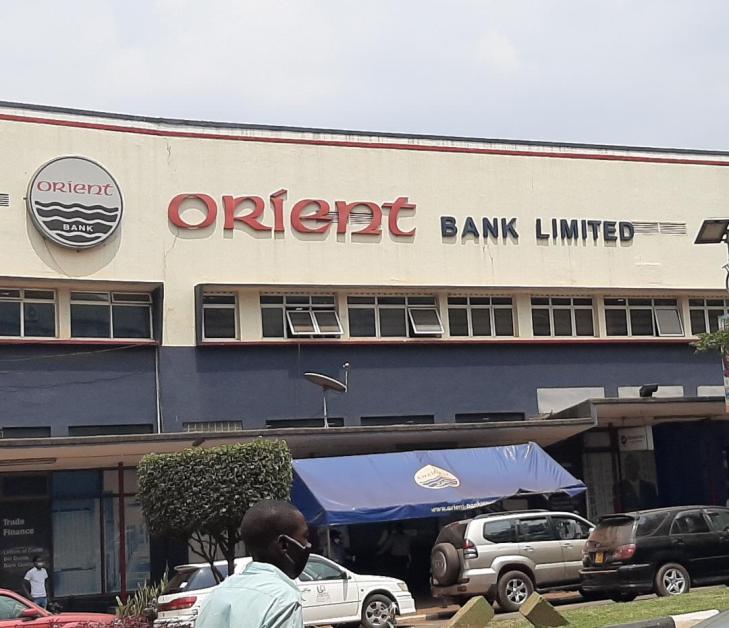Ugandan growers hardly make informed choices when planting Irish potatoes
Experts and market leaders have given a viewpoint as to why large dealers in Irish potato products in Uganda feed their customers on imported potatoes, even when there seem to be plenty grown locally.
A study of the market shows that potato crisps, chips (French fries) and soft potato boil all require certain species, moisture content and texture for a chef to get the best results.
However, for a long, Ugandan growers hardly make choices or informed choices when planting, one of the reasons they will find it hard to get into the market at the multinational and other large buyers and processors.
Johnson Mutabazi, a manager at Nob View Hotel says many times they offer supply contracts to farmers but only to find that the potatoes they supplied have issues and would affect their product quality. This, he says affects the buyer’s attitude towards the producer.
A processor of potato products, Psalms Food Industries Ltd, has experience dealing with potato growers in Uganda for the supplies for its business.
Speaking at a meeting in Kira Municipality, on the challenges of the potato value chain, Dennis Ngabirano, the company’s Chief Executive Officer, says it is always a challenge getting the right potatoes with the required specifications because the value chain is largely informal.
Ngabirano says the company is set to become even stricter when purchasing its supplies because it is currently undergoing an international standards (ISO) certification process.
He says that for now, they find themselves compromising on quality when they fail to get what they want on the market.
However, he commends some local growers whom he says have met and maintained quality production. Unfortunately, he says that the competition with buyers from outside Uganda sometimes sways the suppliers who immediately switch to foreigners because of the higher prices they offer for whatever quality.
And this is also partly responsible for the variation in prices of potatoes between regions.
Ngabirano says that currently, in the Kigezi region, a bag costs three times more than in regions like Elgon and West Nile but mainly because the farmers there have decided to agree on the minimum price.
There were also complaints that the farmers are refusing to adopt new technologies including seed and cultivation practices which would increase their production and productivity.
The country produced 327,300 metric tonnes of potatoes in 2018 from approximately 111,100 Hectares, compared to 155,000 tonnes in 2005-2006, according to a 2018 report by the Uganda Bureau of Statistics. Data shows that Uganda is a potato market worth 30 million US dollars (about 108 billion Shillings annually), but the farmers, who number 335,000 cannot meet the market.
On his part, Kakura Emmy Kizito, a farmer in Zombo, West Nile, urged those involved in the promotion of farming to understand the traditions and the different environmental conditions that the farmers face. He says, for example, that seed can be developed are tried in Kabale where it succeeds, and it is immediately deployed in the West Nile or Elgon where the ecosystem is quite different.
This, according to Kizito, discourages the farmers from anything ‘improved technology’.
The meeting was called by the Uganda National Potato Organisation and the International Fertilizer Development Centre (IFDC), a non-profit, Public International Organization based in Alabama, USA, with a Uganda chapter since 2012.
IFDC say they picked on the Irish potato because of its potential to transform communities if only the right things were done.
Yet, it is one of the most lucrative markets with a return on investment of 140 per cent (if all salable yield is sold), according to the IFDC, which says that because of its rapid production growth, the crop is an important product that deserves the focus of all authorities.
Grace Babirye, IFDC Acting Team Lead, says one of the major challenges to the industry is a disorganised seed value chain with farmers hardly knowledgeable about the importance of a seed supply structure.
“Majority of the growers are subsistence farmers who use low or no inputs and as a result attain low yields and profitability of potato growing. Despite the favourable prices of certified seed potatoes most small-scale growers still prefer cheap sources from home-saved seed or the local markets,” says Babirye.
She says that if the seed producers are to meet the demand, they should be able to produce throughout the year, which requires irrigation systems in almost all potato-growing areas.
Babirye says there is a need to ensure that the farmers have an option of when to plant, harvest and sell to realise maximum benefits, without having to rely on rain.
The meeting was also called to disseminate the findings of the study the organisations have done on the industry in Uganda. Presenting the findings, Umran Kaggwa, an Agribusiness Advisor said that the problem with seed production is that it takes a total of three years before a seed is ready for deployment.
This makes the farmers replant from what they have harvested until they realise the output has declined to undesirable levels, a scenario Kaggwa says affects both the seed market and the potato output.
The other challenge and risk to the seed production business is that the government is the biggest buyer through its programs like NAADS and Operation Wealth Creation. This means that whenever there is a challenge at the agencies, the seed producers suffer from the lack of market.
As the Ugandan’s value chain undergoes formalization and improvement, the market will for some time continue being compelled to buy imported potatoes from the more developed value chains like Kenya or South Africa.
-URN





